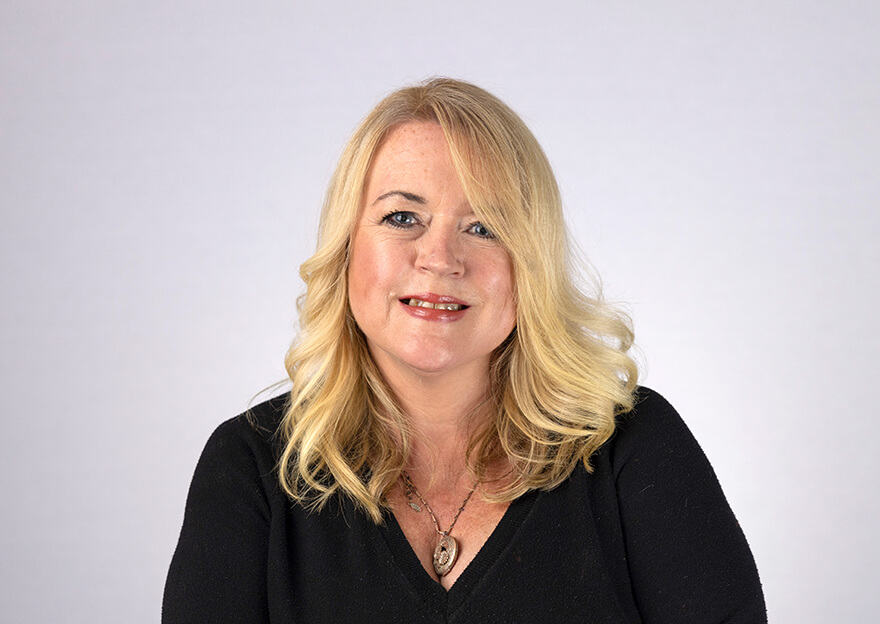What do I do if a Will has not made sufficient provision for me?
In England and Wales (as opposed to certain overseas jurisdictions) there is testamentary freedom, and a testator can, so long as their will is valid, leave their estate by it to whoever they choose. However, certain categories of people can make claims if a Will has not made sufficient financial provision for them under the Inheritance (Provision for Family and Dependants) Act 1975. They can is successful receive an award from the estate comprising money, property or other assets.
Strict time limits apply to these claims. You only have six months to bring a claim following the issue of a grant of probate.
Only restricted categories of people can bring these claims: spouses (and civil partners) ex-spouses (and ex-civil partners), cohabitees of over two years standing, children, including non-minor children, of the deceased, persons treated as a child of the family of the deceased by reference to a marriage or civil partnership, and any other persons who have been being maintained in full or in part by the deceased at the date of their death.
A court looks at a range of factors in deciding whether to make an award including financial needs and resources of the claimant, the size of the estate, and the financial needs and resources of other beneficiaries.
You may have seen a number of high profile claims of this type in the press, including the recent case of Ilott v Mitson which was considered by the Court of Appeal in 2015. The judgment was delivered on 15 March 2017, and the Claimant’s award was reduced back to its original level. Please see above my article on the full Supreme Court decision Ilott v Mitson/Ilott v Blue Cross.
If you consider that you may need to bring a claim under the Inheritance (Provision for Family and Dependants) Act 1975 you will need specialist legal advice. This is a complex area and the time limits are strict. Please contact Katharine Riley at [email protected] or on 0118 951 6245.
